News & Commentary
Nov 13, 2023
The danger of Christian nationalism
The First Amendment is fundamental, and it’s under attack
By Jace Woodrum
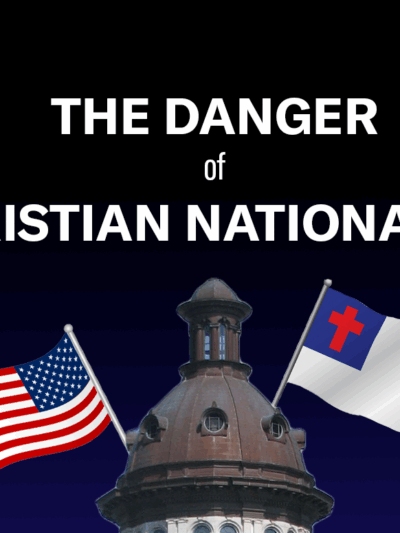
Oct 23, 2023
6 signs Moms for Liberty have come to your town
Unexplained firings? Contrived panics over 'critical race theory' and children's books? You might have a chapter on your hands
By Paul Bowers
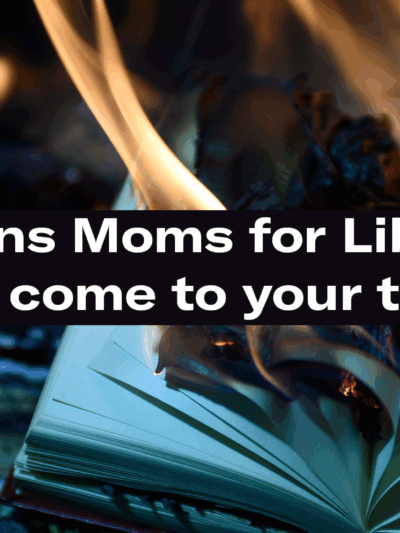
Oct 17, 2023
An update on Brittany Martin, a Black activist behind bars
She received a 4-year prison sentence for speaking out during a protest. We’re fighting to free her.
By Paul Bowers
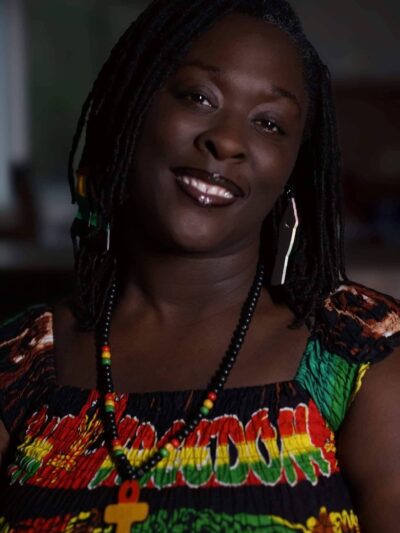
Oct 05, 2023
In honor of Banned Books Week: A map of South Carolina book bans and challenges
We made an interactive map showing book censorship incidents from across South Carolina over the last 3 years. Click around to see what’s been happening in your area and how it reflects trends from across the state.
By Paul Bowers
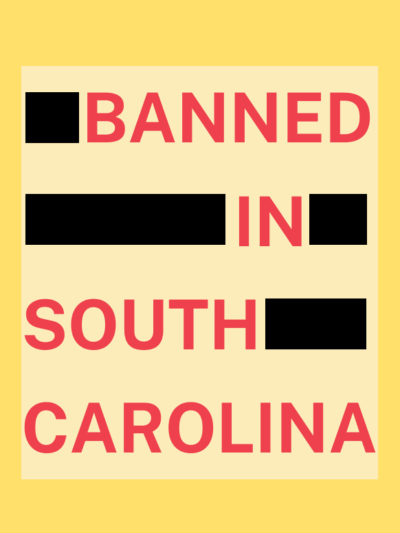
Sep 20, 2023
These Reconstruction ‘radicals’ secured our rights
Black lawmakers in 1868 guaranteed all South Carolinians a remedy at law. We’re proud to defend that right today.
By Paul Bowers
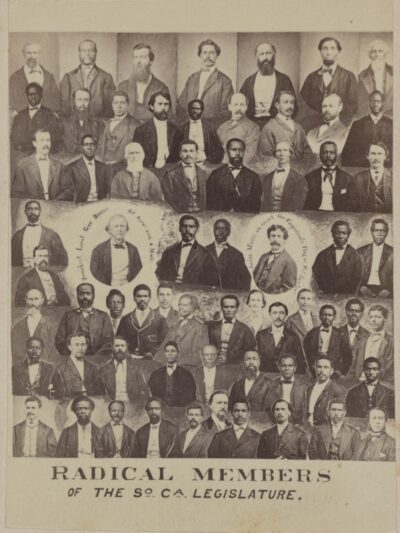
Aug 08, 2023
Meet Mary Wood, a teacher resisting censorship
As censorship and harassment spread across South Carolina, teachers are finding allies in their communities.
By Paul Bowers
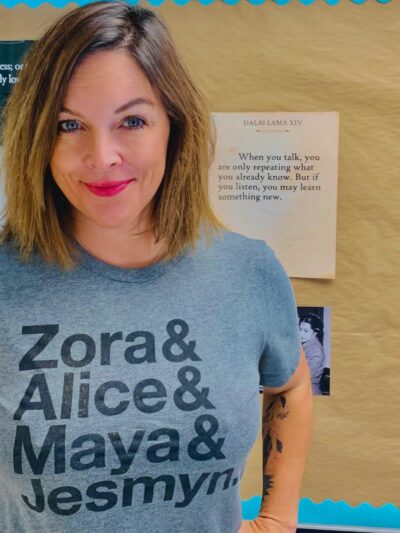
May 23, 2022
Legislative Session Wrap-Up
The South Carolina General Assembly has finished its regular session. Along with partners, we fought dozens of bills designed to undermine the constitutional rights of South Carolinians.
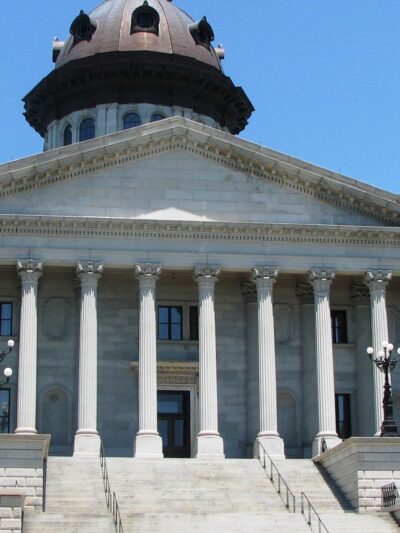
Apr 21, 2022
Keep Censorship Out of Our Classrooms
House Bill 5183 is a censorship bill designed to censor the speech of students and educators in the classroom.
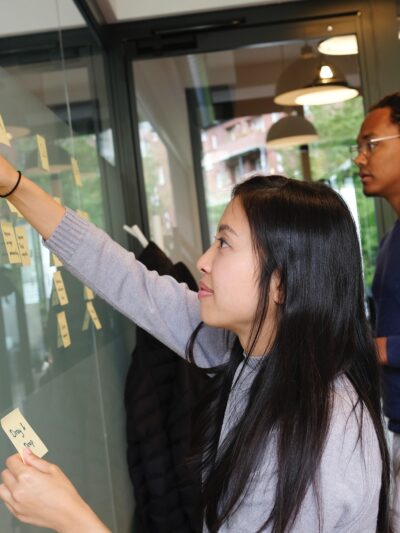
Jul 29, 2020
We're still waiting for the Charleston Police Department to hold its officers accountable for violence against protestors
Today we sent a second letter to the City of Charleston reiterating objections to mass police violence in and around Marion Square by the Charleston Police Department (CPD) on the afternoon and evening of Sunday, May 31, 2020. This action follows an initial letter we sent on June 2 calling on local law enforcement leaders to publicly explain their rationale for responding to non-violent protests against police violence with more police violence. The June 2 letter also issued a list of demands including a public apology from law enforcement leaders as well as outlined plans for holding officers accountable and guaranteeing people’s right to protest in Charleston.On June 22, nearly 60 days since this police brutality, the city finally responded. In their letter, they bypassed our questions and demands and defended law enforcement’s actions on May 31.The CPD has attempted to justify its actions on May 31 by pointing to events that happened during the previous evening. But, the CPD’s own policy on use of force clearly states that force is only justified in times of imminent danger. A past event, even by their own standard, is not an acceptable reason for Charleston police officers to carry out mass violence and deploy potentially lethal weapons against people peacefully exercising their Constitutional rights.In addition to the use of force policy outlined in the CPD’s General Administrative Order, officers also violated the department’s rules on the use of chemical agents, which are only deemed necessary “where a serious danger to life and property exists and other methods of apprehension would be ineffective or more dangerous.”Our letter also raises concerns about excessive and unprovoked violence carried out by police on residents of Charleston’s Eastside neighborhood on the evening of May 31. The city and Charleston Police Chief Reynolds have dismissed concerns from Eastside residents and their allies about CPD’s violent actions in their neighborhood. This excessive, unprovoked police action is a part of a pattern against Black Eastside community members that cannot be ignored. Residents have called for services that will improve safety and, instead, CPD is using city resources to increase patrols. We know what happens when police go down this road, it’s not new. All this will do is further criminalize Black and poor people.
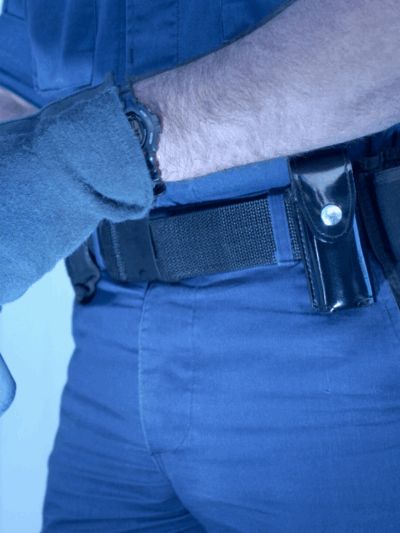
Stay Informed
Sign up to be the first to hear about how to take action.
By completing this form, I agree to receive occasional emails per the terms of the ACLU’s privacy statement.
By completing this form, I agree to receive occasional emails per the terms of the ACLU’s privacy statement.
